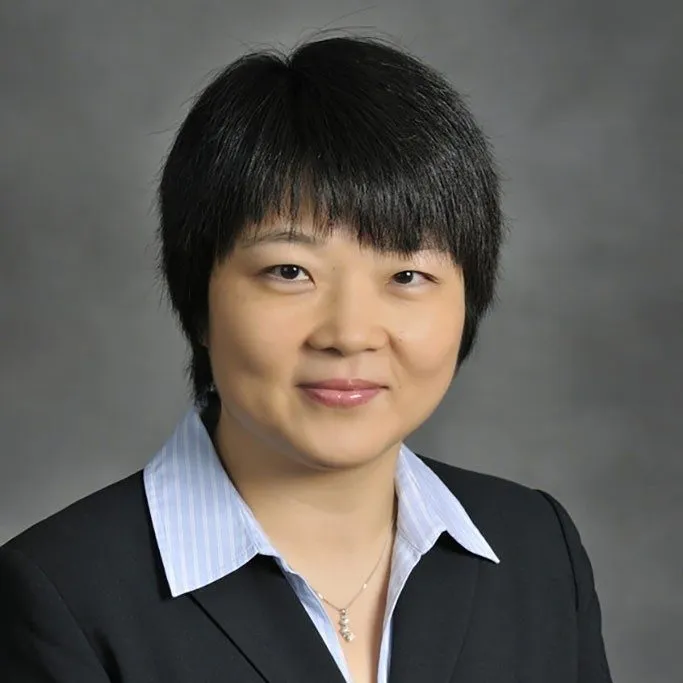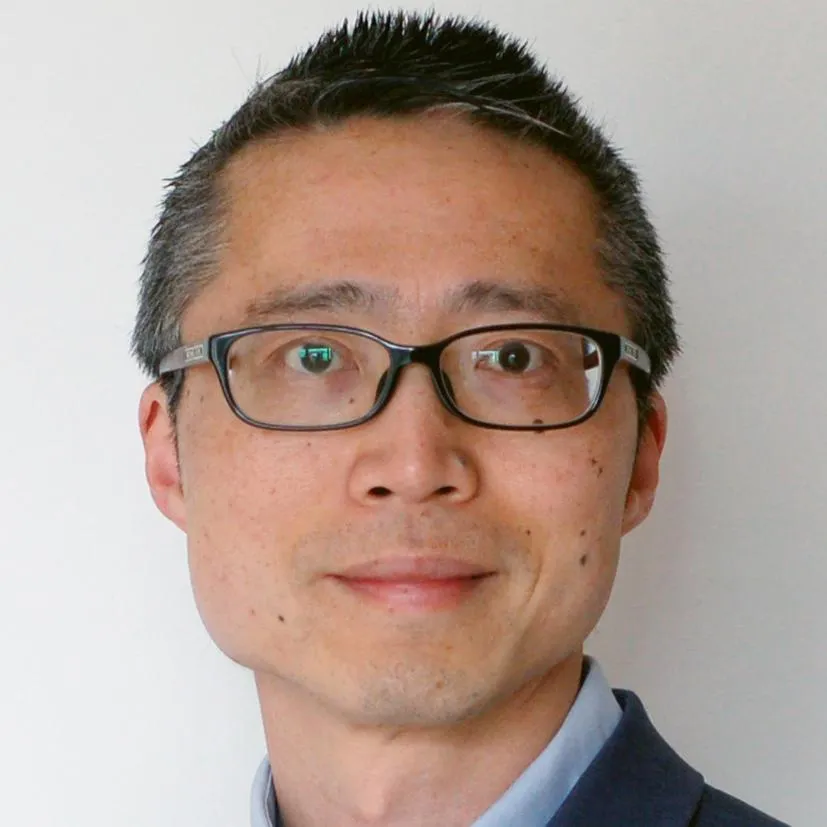Keynote
Last Update : [22 June, 2023]
Strengthening Machine Learning-based Intrusion Detection Systems in Adversarial Environments
Machine learning has seen significant advancements in recent years and has proven to be highly effective in a wide array of applications, including intrusion detection systems (IDS). However, while working in adversarial environments, machine learning-based systems are known to be vulnerable to a range of attacks. In this talk, we will discuss techniques aimed at strengthening machine learning-based IDS. On the one hand, we explore techniques for enhancing the performance and robustness of IDS in adversarial environments, where we propose a contrastive learning-based approach that builds highly differentiating IDS. On the other hand, we develop efficient security mechanisms to thwart common attacks, including an adversarial example (AE) detector that filters out suspicious inputs at the model testing time, and a robust model evaluation method that leverages latent space representations to build resiliency in model aggregation against model poisoning attacks in federated learning. This talk will report our research results along this line of research.
About the Speaker
Wenjing Lou is the W. C. English Endowed Professor of Computer Science at Virginia Tech and a Fellow of the IEEE. She holds a Ph.D. in Electrical and Computer Engineering from the University of Florida. Her research interests cover many topics in the cybersecurity field, with her current research interest focusing on wireless networks, blockchain systems, trustworthy machine learning systems, and security and privacy problems in the Internet of Things (IoT) systems. Prof. Lou is a highly cited researcher by the Web of Science Group. She received the Virginia Tech Alumni Award for Research Excellence in 2018, the highest university-level faculty research award. She received the INFOCOM Test-of-Time paper award in 2020. She is the TPC chair for IEEE INFOCOM 2019 and ACM WiSec 2020. She was the Steering Committee Chair for IEEE CNS conference from 2013 to 2020. She is currently a steering committee member of IEEE INFOCOM and IEEE CNS. She served as a program director at US National Science Foundation (NSF) from 2014 to 2017.
Enhancing Security in Software and AI
Cybersecurity has emerged as one of the foremost priorities on the global research and development agenda today. The urgent need for new and innovative cybersecurity technologies capable of effectively addressing this pressing danger cannot be overstated. Software security is paramount to maintaining the integrity of modern software applications. Given the broad spectrum of real-world applications, different security challenges are evaluated based on the specific use case. In this presentation, we will dissect a variety of security issues that have arisen in diverse applications, examining both the associated challenges and effective strategies in software security. We will delve into the technique of fuzzing, an efficient and effective automated process vital for software testing. Additionally, we will explore strategies for detecting security vulnerabilities in software. We will also scrutinize security considerations in binary code applications, including those in IoT devices and Windows low-level components. By viewing AI models as software, we will further address the significant security problems present within deep learning models.
About the Speaker
Professor Yang Xiang received his PhD in Computer Science from Deakin University, Australia. He is currently a full professor and the Dean of Digital Research, Swinburne University of Technology, Australia. In the past 20 years, he has been working in the broad area of cyber security, which covers software, network, system, and application security. He has published more than 300 research papers in many international conferences and journals. He is the Editor-in-Chief of the SpringerBriefs on Cyber Security Systems and Networks. He serves as the Associate Editor of the ACM Computing Surveys. He served as the Associate Editor of IEEE Transactions on Dependable and Secure Computing, IEEE Internet of Things Journal, IEEE Transactions on Computers, and IEEE Transactions on Parallel and Distributed Systems. He is the Coordinator, Asia for IEEE Computer Society Technical Committee on Distributed Processing (TCDP). He is a Fellow of the IEEE.

